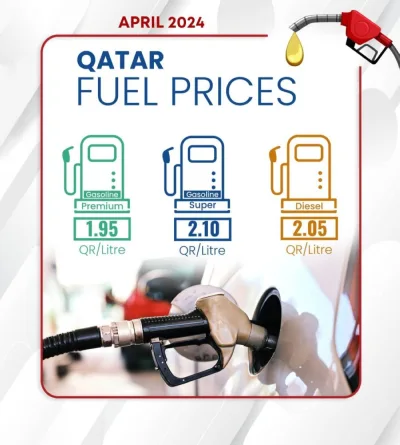* Most analysts expect Opec-led production cut to be agreed
* But doubts remain on cut being big enough to end glut
* Trading thin ahead of US Thanksgiving holiday
Members of the Organization of the Petroleum Exporting Countries (Opec) will meet next week in Vienna to decide on the details of an agreement to cut output that the group has been trying to hammer out since September.
Oil prices trended lower earlier in the morning but turned positive after the Energy Information Administration reported that US crude stocks unexpectedly fell by 1.3 million barrels last week.
In the US market, West Texas Intermediate (WTI) crude oil futures were up 19 cents at $48.22 a barrel at 10:44 a.m. EDT (1544 GMT) after rising to $48.43 earlier on Wednesday.
Brent crude futures were up 16 cents at $49.28 a barrel.
Calendar spreads, the difference in price between one month and the next in the futures market, showed little signs that traders are pricing in a big change in market fundamentals.
The front to second-month WTI calendar traded at the widest in seven months on Tuesday, although it narrowed slightly on Wednesday. The one to six-month spread traded at one of the widest levels since August.
The WTI cash roll, which allows physical traders to roll long positions forward, traded down to negative $1.80 a barrel on Tuesday, the weakest since March.
All are indications of expectations that there will be little change in oversupply in the market in the near term.
"Looking at the forward curve, the spread has gotten substantially weaker on the WTI side ... so that's bearish and pressures the front of the curve," said Tariq Zahir, an analyst at Tyche Capital Advisors in New York.
"There's going to be some cut, but is Saudi Arabia really going to take the lion's share of the cut?"
The success of Opec's deal hinges on Opec's second and third-largest producers, Iraq and Iran, coming to an agreement with Saudi Arabia on the extent of a cut.
Traders anticipate some Opec agreement, but doubts remain over whether the group would agree to a proposed cut of 4 percent to 4.5 percent under discussion. That would imply a reduction in supply of more than 1.2 million barrels per day, according to Reuters calculations.
Iraq willing to cut oil output in Opec's plan: Minister
Reuters/Baghdad
Iraq is willing to cut its crude oil output as part of Opec's plan to reduce global supply and boost crude prices, Prime Minister Haider al-Abadi told reporters on Wednesday in Baghdad."What we lose in lowering production we will gain in oil revenues," he said. "Our priority is to raise the price of a barrel of crude".
Abadi's comments are the clearest indication so far that Baghdad will support an Opec plan to cut production by 4-4.5 percent when it meets on Nov. 30 in Vienna.



